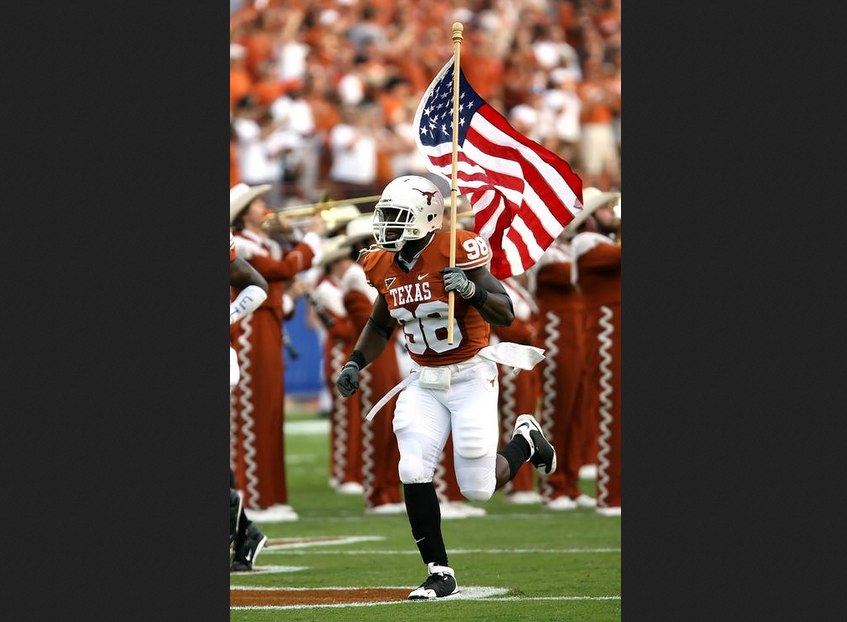Americans love their sports. Baseball, football, basketball, hockey, professional and collegiate; the United States is a nation with citizens that are crazy about sports and athletes, causing professional sports to become a multi-billion dollar business. Sometimes there are positive influences on other countries as a result of the devotion people place on "America's pastimes." The Dominican Republic, for example, is known for producing a large number of good baseball players who often become successful at even the highest level. One of the best known current examples would be former Cubs outfielder Sammy Sosa, who would otherwise most likely be consigned to a life of poverty and little hope if not for his ability to play baseball on a professional level in the United States. Sometimes sports transform some of the most unlikely areas, becoming more than another pastime, and actually becoming adopted as an accepted source of a people's proud culture. A prime example of this is the influence that American football has had, and is continuing to have, on the tiny island of Samoa.
American Samoa has a population of under 65,000 people, yet there are 28 Samoans currently on the roster of NFL teams, as well as many others who are continually competing and on the brink of making it on a team. If other Pacific Islanders are included, such as individuals from the islands of Tonga and Fiji, there are then over fifty Pacific Islanders in the NFL, or 2% of the total players, which is even more impressive considering the competition from the United States, a nation of 350 million people. Many of these players are not simple no-namers. Mark Tuinei played for the Cowboys and has three Super Bowl rings, Dave Dixon is a pro bowler for the Vikings, as Luther Ellis is for the Lions, and Junior Seau is considered one of the best linebackers in history. Anyone who closely follows the NFL will recognize every single one of those names. It is an interesting fact to note that a high school player from one of the Pacific Islands is over 40 times more likely to make it to the NFL than a student from the rest of the United States. This is even more impressive in light of how little proper equipment the teams on American Samoa have compared to their mainland counterparts. They commonly play on poor fields with the absolute minimum of equipment. Not is the number of players who move up from this background amazing, but over 200 Samoans currently play Division I college football (Graber 2).
Why has this "American" sport done so well in the Pacific islands? One reason may be that there are many young Samoans who don't see football as an American sport. Michael Mapu, a high school quarterback/defensive end who is a Division I prospect is quoted as even saying: "I think it is Samoa's sport, not America's sport." Many of the Samoan youths grow up watching their older brothers playing football, and then want to do the same. The ability to go out and play full contact, to hit people, is a big draw, and in some ways football has been referred to as the modern version of village warfare. American football was introduced in the 1960s, and became a quickly accepted part of Samoan culture (Miller 5).
Thursday, February 4, 2021
American Football, Western Influence Thriving in Samoan Culture :
Libellés :
Information
Subscribe to:
Post Comments (Atom)



























































No comments:
Post a Comment